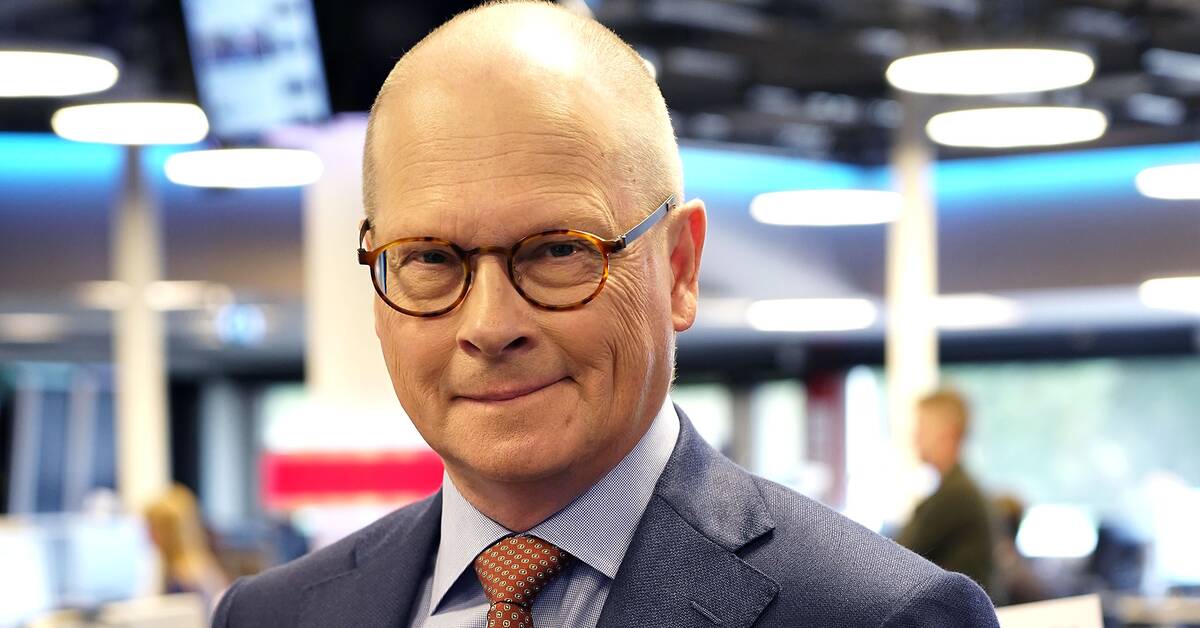Novus' report on the confidence of the party leaders shows that Magdalena Andersson strengthens her position among the country's voters.
In the latest survey, 59 percent of voters state that they have confidence in the Prime Minister, which is an increase of 6 percentage points in the past month.
The change is significant and means that Magdalena Andersson extends the distance further to the opposition leader Ulf Kristersson (M), who receives 36 percent (+ 3) in the survey.
The most important explanation for that rise for Magdalena Andersson is probably the crisis-ridden world situation with a bloody war in Sweden's immediate area.
It is thus probably largely a matter of a "war effect", which often leads to the public joining forces with authorities, social institutions and the country's leadership.
Increased confidence in crisis
There are several examples historically of how serious crises lead to incumbent governments being strengthened in public opinion.
For the Swedish part, one can compare with the first months during the corona pandemic when support for the government and the then Prime Minister increased sharply.
Another example is the parliamentary elections in 1968 after the Soviet Union's invasion of Czechoslovakia, when the Social Democrats made their best election result since World War II.
Compared with March last year, confidence in the government has strengthened to 51 percent (+13).
For the ministers who have been seen most recently, the rise is even greater.
For Minister of Defense Peter Hultqvist, confidence has increased to 40 percent (+ 16) and for Minister of Foreign Affairs Ann Linde to 36 percent (+16).
Trampled obliquely
Even though Magdalena Andersson has stepped crookedly a few times during the recent crisis, she has quickly managed to regain her footing.
One such example is when she declared that a Swedish NATO membership would destabilize the situation in northern Europe, which attracted international attention and criticism.
At the same time, the government has acted in compliance with the opposition's demands in the Riksdag.
Several proposals, which the government was initially opposed to, have later been adopted and made their own, such as arms deliveries to Ukraine and the proposal that Swedish defense appropriations be increased to two percent of GDP.
Thus, the government has succeeded in neutralizing several potential areas of conflict vis-à-vis the opposition.
Novus' report shows that Magdalena Andersson now has a historically great confidence in her back.
For the Social Democrats, this creates room for growth in public opinion ahead of the autumn election campaign.
Many voters within the Moderates, Liberals and Center Party, for example, state that they have confidence in the Social Democratic Prime Minister.
Not automatically more votes
However, it is not a given that high confidence figures for a party leader can automatically be exchanged for higher voter support in a parliamentary election.
In an election campaign, the political issues play a decisive role and not least which societal problems that voters consider most important to solve.
But a high level of trust nevertheless creates better conditions for convincing voters of the benefits of their own policies.
It is difficult to assess how much of the increase in confidence in Andersson is a pure war effect.
The rise in confidence in her began immediately after she was elected.
Part of this has been due to Andersson's own ability to build trust, another to the fact that the Green Party's departure from the government has made it easier for her to govern.
In order to maintain the high level of trust she has now achieved, it is important to avoid decisive mistakes and major setbacks in the Riksdag in the future, as well as to launch a credible government alternative before the election.

